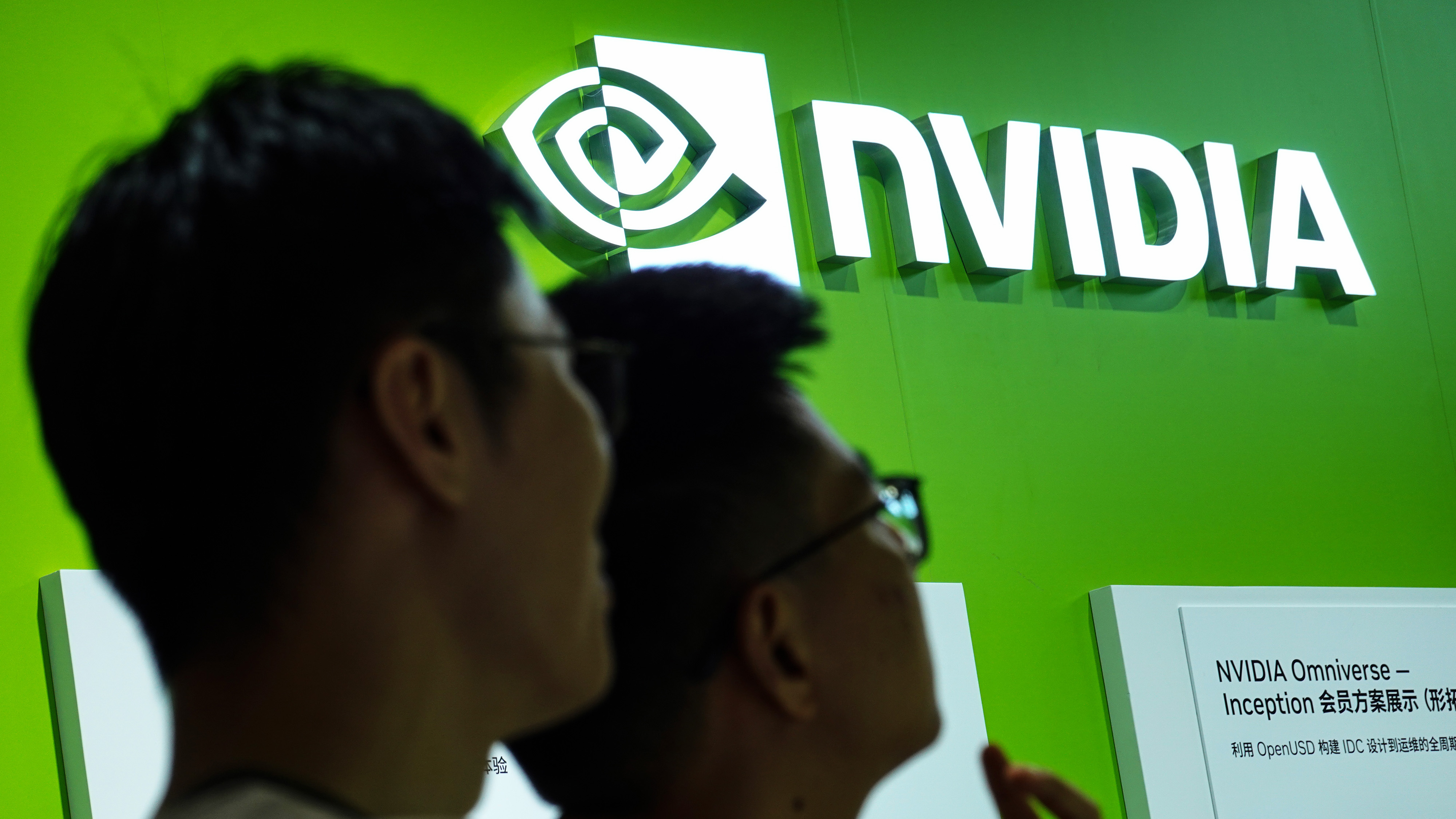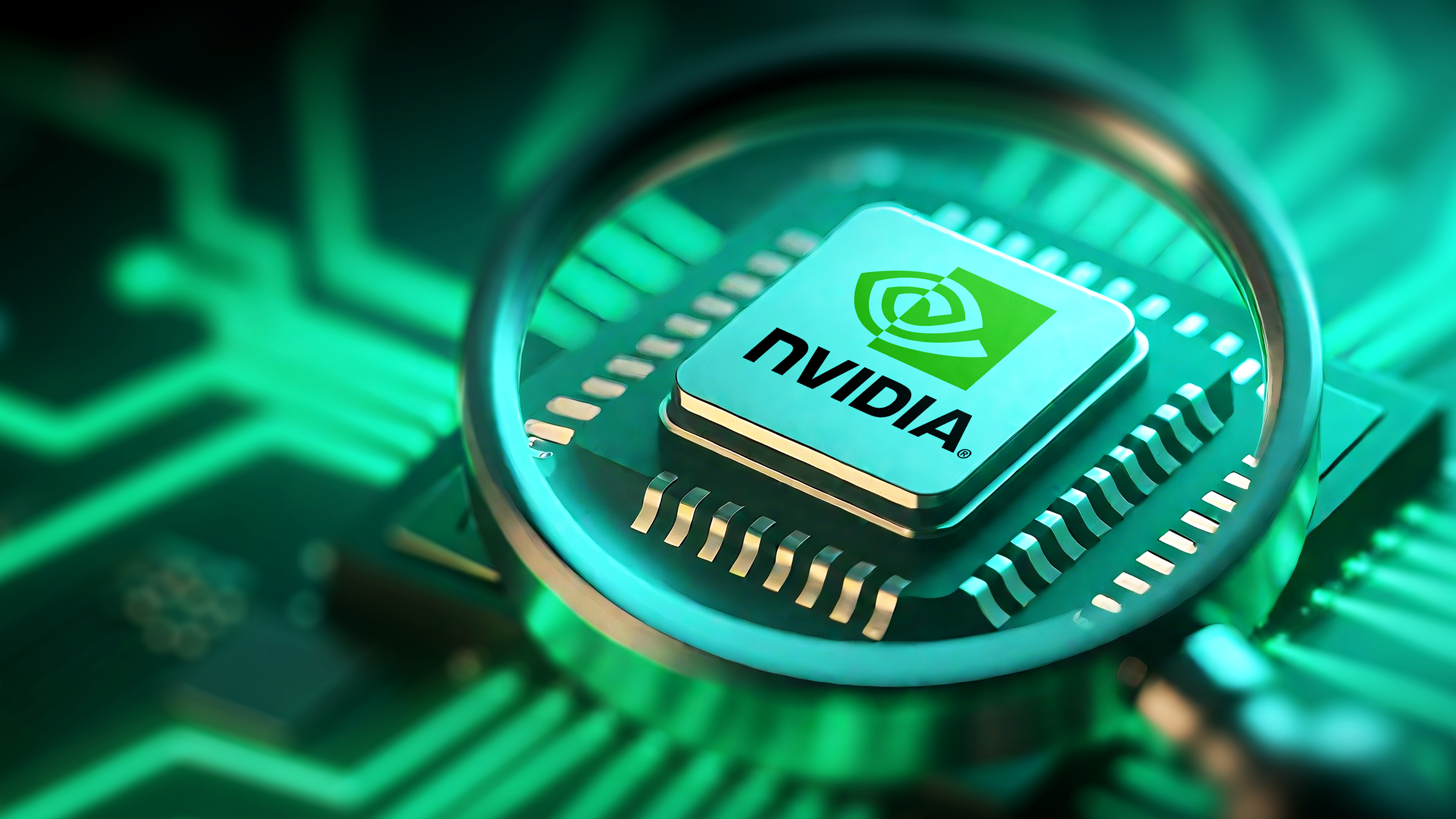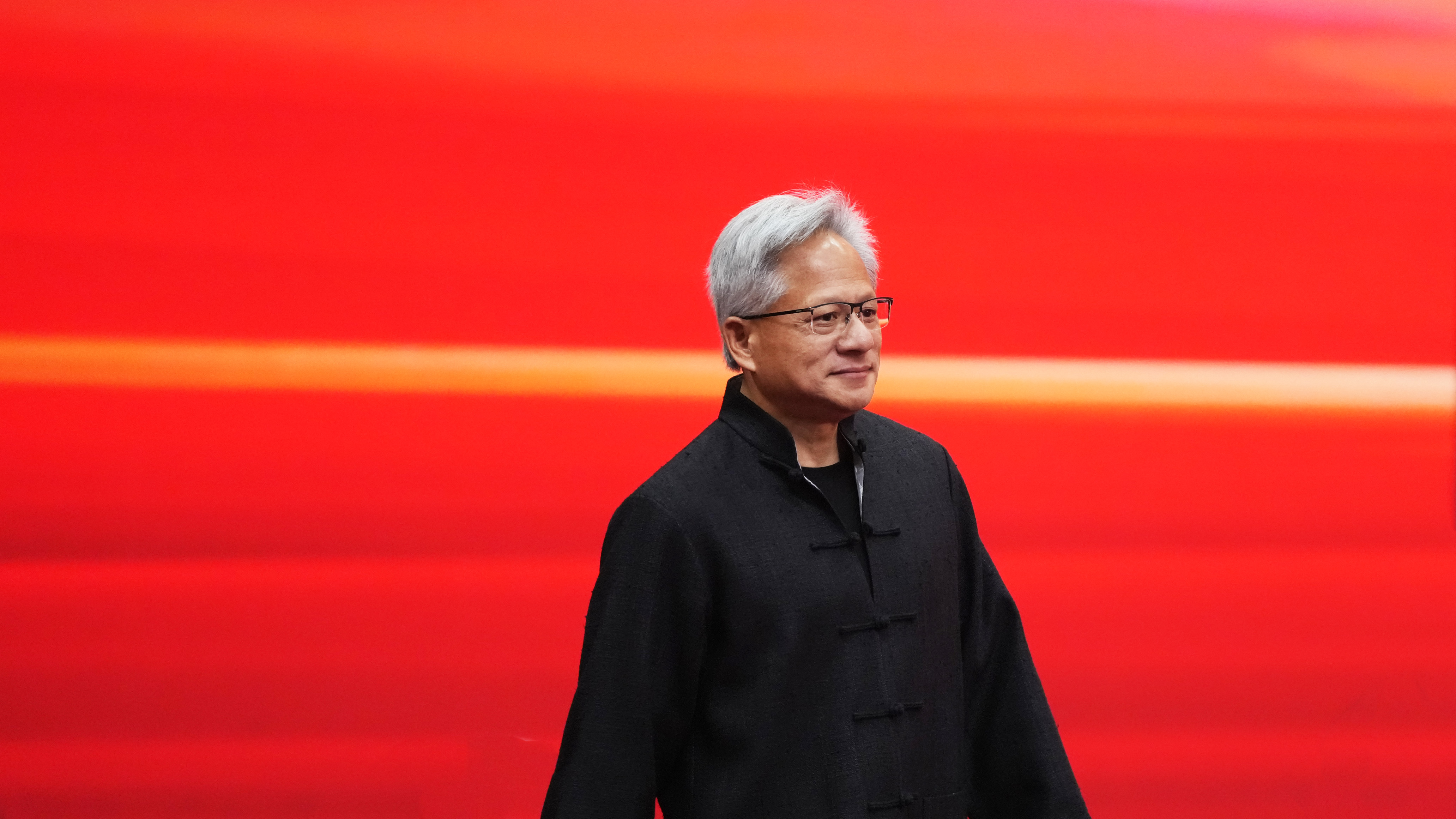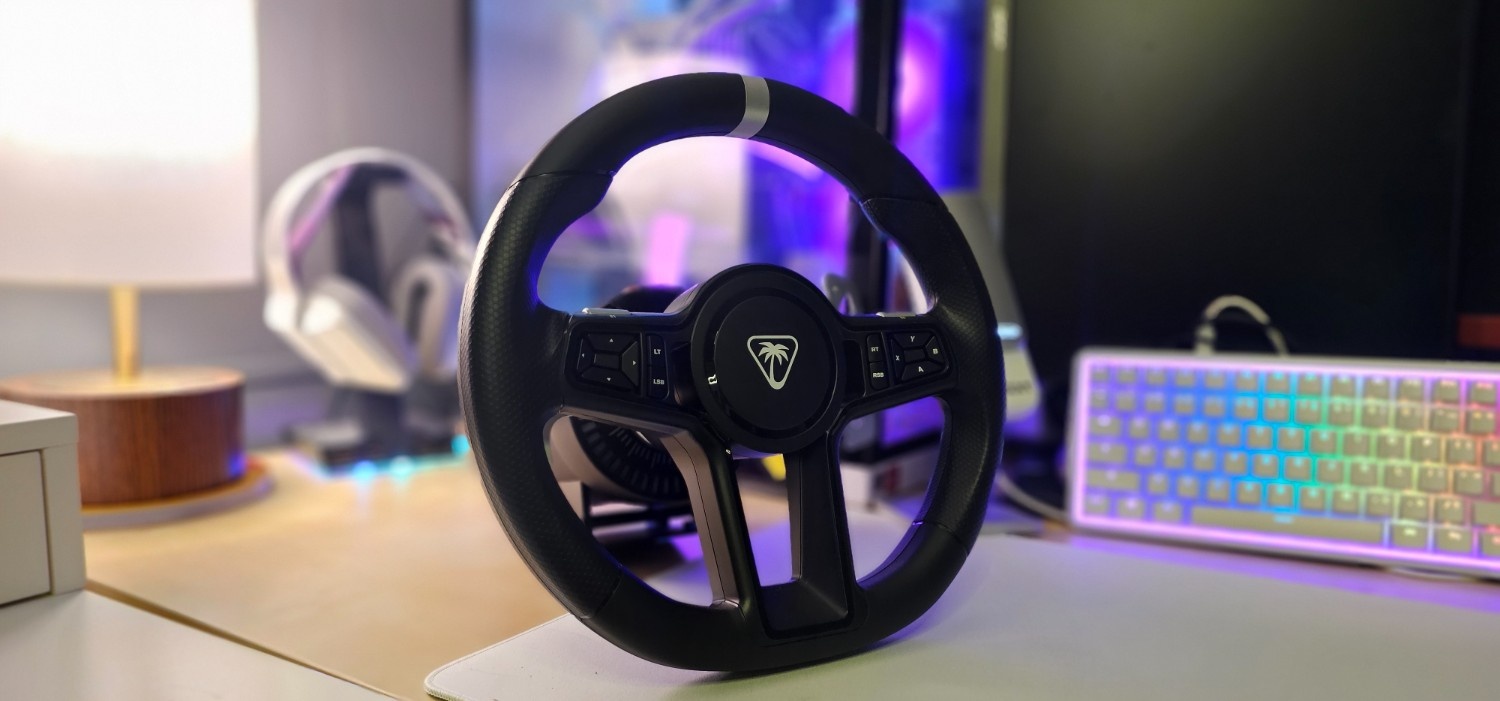"We don't install secret tracking devices in our products," — NVIDIA responds to a new report suggesting US officials are adding trackers to AI chip shipments

All the latest news, reviews, and guides for Windows and Xbox diehards.
You are now subscribed
Your newsletter sign-up was successful
NVIDIA, the world's largest supplier of AI accelerators with an estimated 90% market share, has for months been struggling to appease two governments, as China and the US duke it out over AI GPU exports and national security concerns.
At the root of the issue is NVIDIA's H20 AI GPU, a chip that is wildly popular with large Chinese AI firms that are attempting to catch up with the AI dominance so far seen in the US.
Despite hundreds of thousands of orders for the H20 in China, Beijing officials aren't exactly comfortable with the idea of these chips flooding into the country. Following an exclusive report from Reuters published on August 13, NVIDIA is once again claiming innocence.
Trackers have been discovered in AI chip shipments, but NVIDIA looks innocent
The Reuters report suggests that trackers have been found in AI shipments from Dell and Super Micro, which contain NVIDIA and AMD chips. While these trackers have not been placed in shipments going directly to China, they have been used in shipments "at high risk of illegal diversion to China."
This information comes from "two people with direct knowledge of the previously unreported law enforcement tactic," according to Reuters. It's also stated that "five other people actively involved in the AI server supply chain say they are aware of the use of the trackers in shipments of servers."
Rather than being back doors or spyware hidden inside the AI chips, these trackers are "typically hidden in the packaging of the server shipments." According to Reuters, Super Micro declined to comment further than saying that it doesn't disclose its security practices and policies.
On Dell's side, it said that it's "not aware of a US government initiative to place trackers in its product shipments." NVIDIA flat-out reiterated that it doesn't install any tracking devices in its products.
All the latest news, reviews, and guides for Windows and Xbox diehards.
We don't install secret tracking devices in our products.
NVIDIA
The use of trackers in export shipments is nothing new; it's a law enforcement method that's been in use for decades. However, this report couldn't come at a worse time for NVIDIA as it attempts to once again begin shipping its H20 AI GPUs to China while authorities on both sides express national security concerns.
What's going on with NVIDIA's H20 AI GPUs in China?
This new report about trackers discovered in certain AI chip shipments doesn't directly implicate NVIDIA, nor does it imply that H20 shipments sent directly to China have any trackers inside. But viewed in the scope of recent months, it doesn't do NVIDIA any favors.
The NVIDIA H20 GPU was created in part as an answer to the US government's ban on NVIDIA's more powerful AI accelerators; it's not as powerful as the chips in use by domestic AI firms, with President Trump going so far as to call it "obsolete."
That didn't stop the Trump administration from banning exports of the H20 to China in April 2025, citing national security concerns as the reason behind the regulation. This resulted in a loss of billions of dollars for NVIDIA; however, the ban only lasted for about three months.
On July 14, an NVIDIA blog post stated that NVIDIA's CEO, Jensen Huang, had reached an agreement with President Trump to once again begin selling H20 GPUs to China.
It didn't take long for NVIDIA to announce that it was ordering 300,000 extra H20 AI chips from TSMC to meet China's demand, and that was on top of an existing stockpile of 600,000 to 700,000 H20 GPUs.
That's a whole lot of chips heading into China, and authorities in Beijing were quick to express concerns over national security. Those concerns led NVIDIA's Chief Security Officer, David Reber Jr., to write a blog post titled "No Backdoors. No Kill Switches. No Spyware."
To mitigate the risk of misuse, some pundits and policymakers propose requiring hardware “kill switches” or built-in controls that can remotely disable GPUs without user knowledge and consent. Some suspect they might already exist. NVIDIA GPUs do not and should not have kill switches and backdoors.
David Reber Jr., NVIDIA Chief Security Officer
It was then reported that Chinese AI firms have come under pressure from government officials to void NVIDIA's H20 GPUs due to ongoing national security concerns (despite NVIDIA's insistence that it's not doing anything wrong).
Amidst all this, the Trump administration announced that it had reached a deal with NVIDIA and AMD, in which the two AI chip makers would pay the US government 15% of revenue garnered from sales of H20 and MI308 AI chips in China.
The unprecedented deal, whether legal or not, has officials on both sides concerned. Is the 15% levy the right price to pay for allowing China to build up its AI foundation, potentially for use in its military? Is the 15% levy a distraction from potential national security risks on China's side? It's hard to say.
NVIDIA is surely hoping that it will soon be able to begin shipping H20 AI GPUs to China once again, but it's anyone's guess as to what the next few weeks bring in terms of US export controls and Chinese import regulations.

Cale Hunt brings to Windows Central more than nine years of experience writing about laptops, PCs, accessories, games, and beyond. If it runs Windows or in some way complements the hardware, there’s a good chance he knows about it, has written about it, or is already busy testing it.
You must confirm your public display name before commenting
Please logout and then login again, you will then be prompted to enter your display name.


